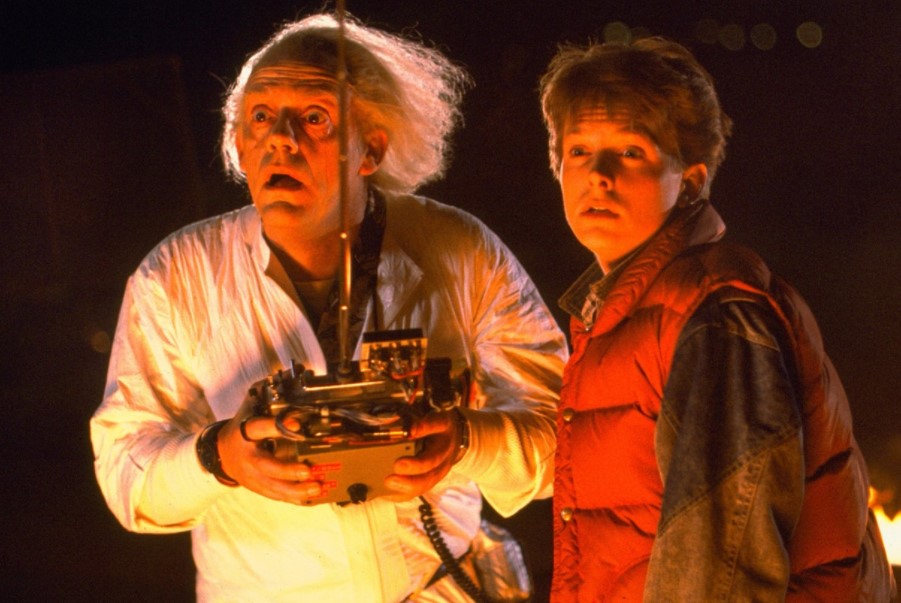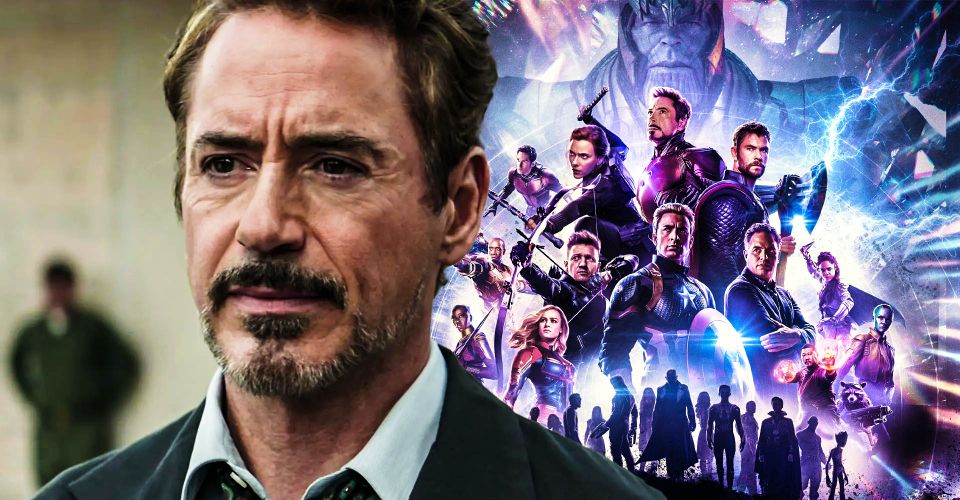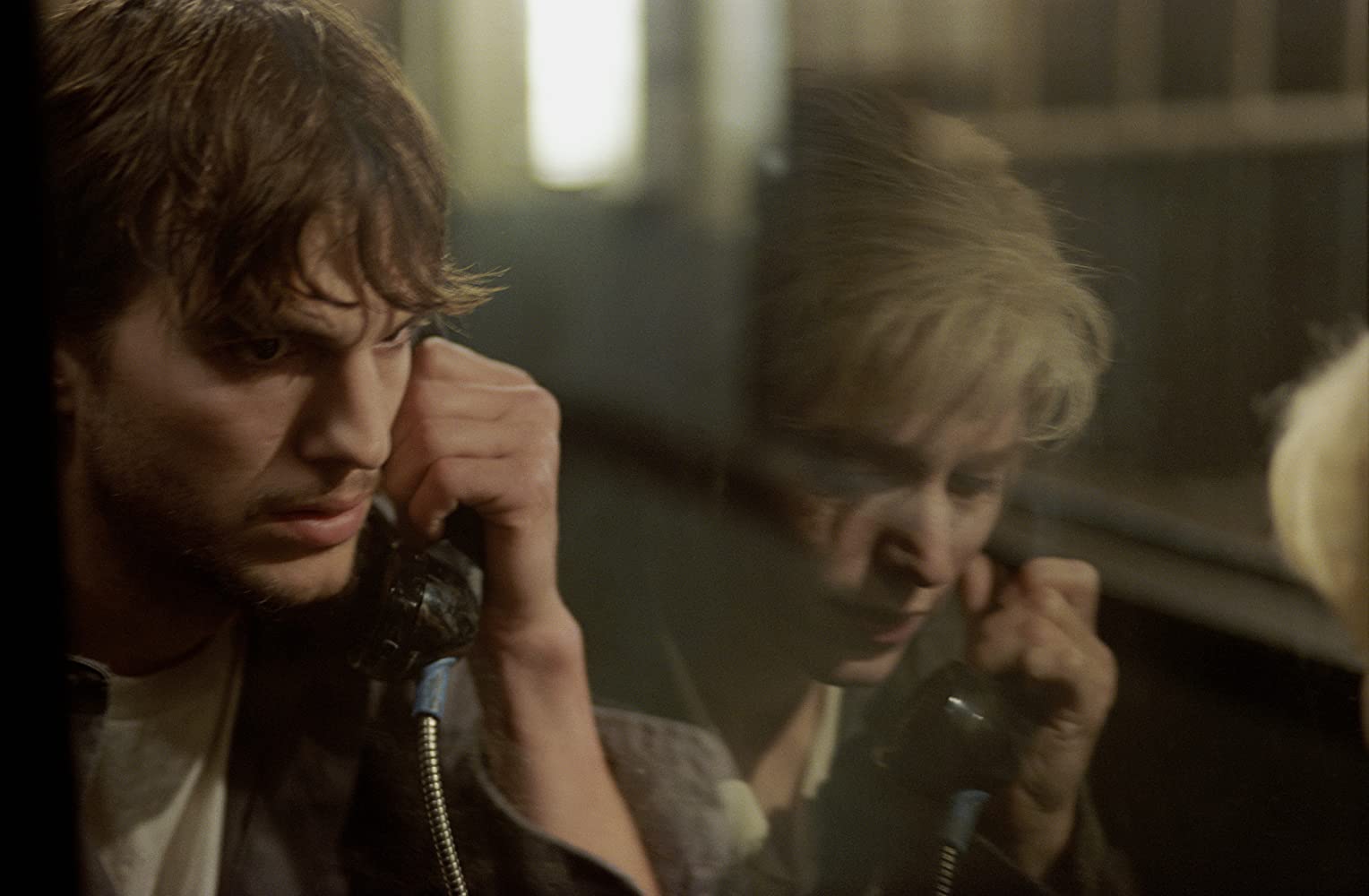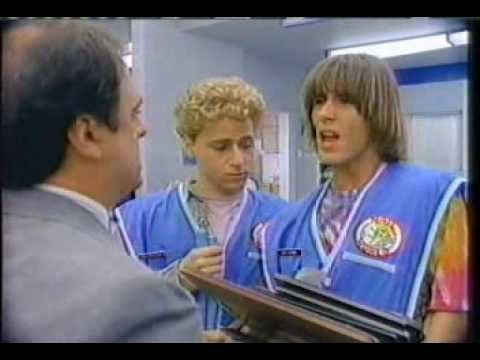Cinematic Time Travel is a tricky thing. But there are a set of standard rules that are common for the fan-favorite, sci-fi genre. The only thing is, they can be as confusing as the plot itself. Join us as we take a look at some of the most common rules of time travel in movies.
Check out the video below:
???? Subscribe & hit the Notification Bell so you never miss a video!
The possibility of time travel is something that has been debated by scientific minds and couch potatoes alike for decades. Could it be possible to travel forwards or backwards in time? If so, how would it work? And if it becomes a possibility in the future, then why have we never experienced a time traveler from the future appearing in our present-day? Or maybe we have and we just didn’t know it because they have to keep it a secret? The questions and the theories are never-ending. But there is one place where we KNOW time travel is possible… and that’s at the cinema.
A big part of going to the movies is to escape the mundane and stressful reality that we often live in. I mean who wants to stress about folding the laundry when they could sit down and watch Marty McFly fighting off the sexual advances of his own mother. Or Sarah Connor battling a cyborg sent from a war-torn, apocalyptic future. Time travel has been a tool utilized by filmmakers for as long as movies have been around.

The earliest documented time travel movie was A Connecticut Yankee in King Arthur’s Court” released all the way back in 1921! The film was adapted from Mark Twain’s 1889 novel. As the title suggests the black and white silent film follows a man from Connecticut who finds himself magically transported to the times of King Arthur’s rule. It’s revealed by the end, that the entire adventure was a dream. Meaning time travel didn’t technically take place, but this was still the launching pad for the countless time travel adventures that would grace the screen in the years to follow.
The great thing about movies is that they can make up their own rules! Time travel could be achieved through a DeLorean (Back to the Future), an ancient Japanese scepter (Teenage Mutant Ninja Turtle 3), a box in your garage (Primer), or even… a Hot Tub (Hot Tub Time Machine).
There are, however, set rules and tropes that most films tend to stick with when dealing with space-time continuum. Perhaps the most consistent and important is… Don’t interact with yourself. Avoid other versions of yourself while in the past or in the future at all costs. And this rule makes sense. I mean, just imagine you’re going about your normal day, shopping for bread or walking the dog, and all of sudden you see another version of yourself walking around. That could undoubtedly create a confusing and traumatic experience for somebody.
That’s not to say that it never happens. Take Biff from the Back to the Future series. The antagonist to the McFly clan and overall idiotic buffoon and bully. In Back to the Future Part 2 an older Biff from 2015 travels back in time to visit a younger version of himself in 1955. The older Biff claims to be a relative and gives young Biff a sports almanac containing the results of every major sporting event from 1950 to the year 2000. Young Biff uses the information to place bets and become one of the wealthiest men in the country.

Related: How To Build A Cinematic Universe (VIDEO)
We see it happen again in Avengers: Endgame when Captain America, Ant-Man, and Iron Man travel back in time to the events of the first Avengers film in 2012. Cap comes face to face with his younger self and an epic fight ensues. However, the reason that these two scenes work is because the past versions of these characters are not aware that they are interacting with themselves from the future. Biff thinks he’s speaking with a mysterious elderly relative, and let’s face it, Biff is stupid enough to be easily fooled. And Captain America assumes that he’s facing off against Loki, the magical antagonist who is known to shapeshift and take on the form of others. So, while the rule is technically broken here, it manages to avoid any disastrous outcome because of the deception or misunderstanding of the encounter.
If a movie character manages to make their way through the twists and turns of time travel without encountering alternate versions of themselves, then they’re off to a good start. But a second and equally important rule of cinematic time travel is to never alter events of the past. Doing so could skew the timeline and create disastrous results for the future. One film that focuses its entire plot around this premise is The Butterfly Effect. While it’s not necessarily a great movie, it is a prime example of how altering the past affects the present. Time travel plays out differently here, as Ashton Kutcher’s Evan Treborn travels directly into the body of his younger self in the past. So, there is only ever one version of himself at any given time. He attempts to change traumatic events from his troubled past in order to create a better life for himself and his friends. However, every time he returns to the present he finds that his new reality is worse than it was before.

But as we’ve said, there are always exceptions to the rules. And the exception to this rule seems to be a pretty simple one. Never alter the events of the past unless… well, unless it benefits your future. Sometimes changing the past actually works out for the better and there are no real repercussions. There are actually a ton of examples of this exception. Look at Back to the Future Part 1. And yes, I know we’ve already used an example from the Back to the Future series, but come on, it’s Back to the Future. It’s kind of the quintessential time travel series. Through the events of Back to the Future, Marty alters the manner in which his father and his mother fall in love. He instills a confidence in his father that he had previously lacked and after the young George McFly stands up to the sadistic and dangerous Biff, Marty returns to his present to find that his family and his house are better off than he’d left them. No harm, no foul. Everybody’s happy.
This is also the case in Richard Donner’s Superman film from 1978. When Superman is unable to save Louis Lane he simply reverses time by flying around the world fast enough to reverse the earth’s rotation. He stops Louis’ death and everything resumes as normal. Sure, it doesn’t make any sense and it would likely kill every person on the planet, but this is cinema time travel, baby! It doesn’t have to make sense.
But perhaps the largest example of things turning out for the best no matter how much the past is altered is from Bill and Ted’s Excellent Adventure. Here William S. Preston Esq. and Theodore Logan are destined to unite the world through their music, but in order to fulfill their destined fates, they must first graduate high school. So, they travel through space and time in a phone booth, finding important figures from history and bringing them to the present in order to get a passing grade on a class presentation. Surely ripping figures like Joan of Arc, Napoleon Bonaparte, and Abraham Lincoln from their respective time period and exposing them to elements and technology beyond their comprehension would drastically alter their life courses and permanently change the path of history as we know it! …Nope. Bill and Ted pass their class and all is good in the world. Until their next adventure through space and time that is.

But Bill and Ted were destined to succeed, which leads us to our next time travel trope. Destiny, legend, and fate. And while they don’t play a major role in every time travel scenario they are used frequently enough to make the list. Movies like Bill and Ted and Army of Darkness, the third film in the cult classic Evil Dead series, depict the time traveler as a person of importance who has been foretold and prophesized to fulfill a task of great significance. The finale of Evil Dead 2 saw our hero Ash, played by the always fantastic Bruce Campbell, sucked into a vortex and dropped into medieval times. The third film picks up right there and we learn that Ash’s arrival has been expected and anticipated because legend suggests he will free the people from the evil demons, or Deadites, that torment them. And he does exactly that. With his chainsaw and his “Boom Stick” he blasts through demon after demon after demon in this wild and hilarious time travel adventure, fulfilling his destiny in the process.
But it’s nearly impossible to create a time travel story without encountering, and often embracing a paradox. An absurd, self-contradictory, and apparently unexplainable event. Like in Terminator. John Conner sends soldier Kyle Reese back in time to protect his mother from a Terminator. While in the past Kyle Reese impregnates Sarah Connor with… John Connor? But how did John Connor exist in the future if he was not conceived until he sent Kyle back in time? Which came first? John Connor being born? Or John Connor sending Kyle Reese back in time? Surely his birth would come first, but how could it?! His father was in the future and had never met his mother yet! You know what… It’s best not to think about it. Paradoxes aren’t plot holes, they’re just a part of cinematic time travel! Films like Predestination, Time Crimes, Primer, and 12 Monkeys are FILLED with mind-boggling paradoxes.

The great thing about time travel films is that you don’t know what to expect. Sure there are consistent rules, clichés, and tropes that go along with them, as there are with any genre.
They can create their own set of rules that are complex, scientific, and difficult to comprehend. Or they can just run with it and hope you have a fun time. I’ve avoided talking about some truly great films here because I would hate to spoil a moment of the suspense and science fiction mystery that goes along with them. Films like Predestination, Time Crimes, Primer, and 12 Monkeys are films that should be seen by any fan of science fiction or time travel and they should be seen with as little knowledge going into them as possible.
What’s your favorite Time Travel movie or Time Travel cliché? Let me know in the comments and don’t forget to like this video and subscribe to the channel. I’d really appreciate it. I’ll see you on the next video. Or on a past video.
Follow us for more entertainment coverage on Facebook, Twitter, Instagram, and YouTube.



